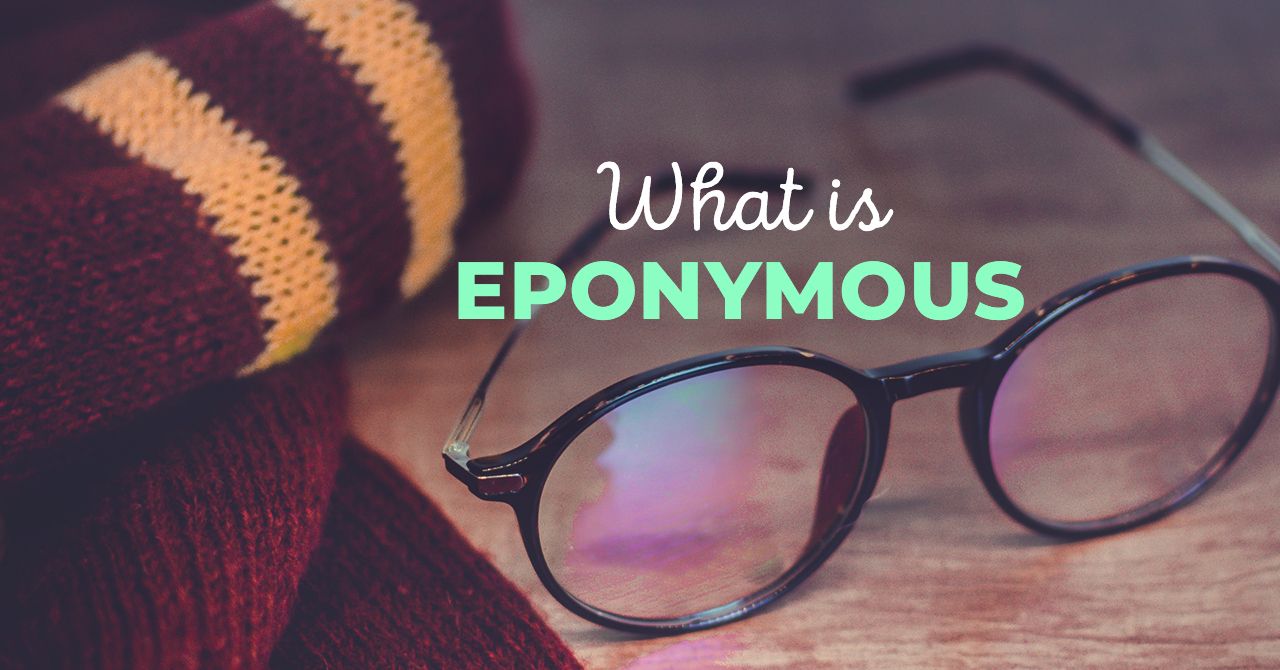Learn English with Personalized Path and AI-powered practice sessions
 Start for free
Start for free
Add new idioms and expressions to your vocabulary. Learn how to use them in real-life situations.
Although we’ve found hundreds of school idioms and idioms for learning in general, we’ve selected the 12 most commonly used nowadays.
In American English, a moot point is a completely unrelated issue to the main subject of discussion. In British English, on the other hand, a moot point is simply a debatable issue.
Here are 10 alternatives to “thank you very much” and “as always, thank you for your help” that are ideal for expressing your gratitude and appreciation in various contexts.
Sit/Seat To sit—(v) to be in a position in which your bottom is resting on a chair. He was sitting in a chair next to the window. Seat—(n) something that you sit on. He used the box as a seat. Than/Then Than—(conj) is used to
“Eponymous” is an adjective that refers to a person, place, or thing that lends its name to something. This thing after whom something is named is called an eponym.
“Woah” originated as a common misspelling of the word “whoa” whose origin dates as far back as the 17th century (meaning this word is nearly 400 years old!).
When someone says they’re “at their wit’s end,” it suggests they have negative feelings or thoughts. It does, however, imply that they are upset and resentful.
This post covers commonly used collocations with the word car (+examples). These include adjective + CAR, verb + CAR, and CAR + noun.







